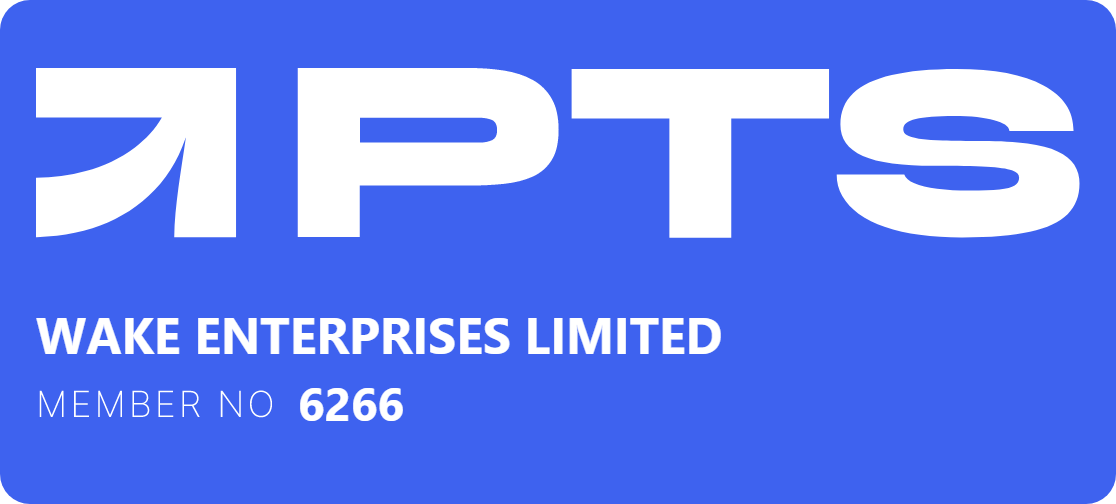How to Talk About SFI and SAFI with Clients
How to Talk About SFI and SAFI with Clients

How to Talk About SFI and SAFI with Clients
When you’re building your business as a travel homeworker, one of the most important parts of client conversations is explaining SFI and SAFI clearly. These protections aren’t just jargon — they’re powerful reassurance tools that show clients their money and holiday are safe, no matter what happens behind the scenes.
Unfortunately, many travel agents shy away from talking about them because they sound complicated. In reality, once you break them down into simple terms, they can help you build trust, close sales, and stand out from competitors.
What SFI and SAFI Actually Mean
Clients often ask, “What happens if the airline goes bust?” or “How do I know my hotel booking is safe?” That’s where SFI (Supplier Failure Insurance) and SAFI (Scheduled Airline Failure Insurance) come in.
- SAFI: Protects clients if an airline fails before or during travel. Their money is refunded or alternative arrangements are covered.
- SFI: Covers suppliers other than airlines — such as hotels, ground operators, or excursion providers — if they go out of business.
Put simply: SAFI = airlines, SFI = everything else.
Why Explaining SFI and SAFI Builds Client Trust
Clients don’t always understand the difference between ATOL, ABTA, and other protections. By explaining SFI and SAFI in everyday language, you show that you care about their money as much as their holiday experience.
- It gives them confidence to book now rather than delay.
- It positions you as a professional who understands the finer details.
- It differentiates you from online DIY booking sites where protection is unclear.
This is why explaining SFI and SAFI should be written into your travel agent business plan as part of your sales strategy.
How to Explain SFI and SAFI in Client Conversations
The trick is to avoid jargon. Here’s a framework you can use:
- Start with the reassurance
“Every holiday you book with me comes with built-in protection.” - Keep it simple
“If the airline fails, that’s covered by SAFI. If a hotel or supplier fails, that’s covered by SFI.” - Show the benefit
“That means your holiday goes ahead as planned, or you get your money back.” - Connect it to booking confidence
“That’s one of the big differences between booking with me and booking online.”
The more natural you make it, the more clients will appreciate the value.
Bringing SFI and SAFI Into Your Marketing
Don’t just talk about protections when asked. Make them part of your brand messaging:
- On your website: Dedicate a section that explains protections in plain English.
- In your quotes: Add a line that highlights SFI and SAFI are included.
- In your social posts: Share client stories about how protection matters.
- In your travel agent business plan: List them as key tools for building client trust and repeat bookings.
Jamie Says:
“Clients don’t need complicated legal explanations — they just want to know they’re safe. I always compare SFI and SAFI to a safety net. They’re not something you ever hope to use, but knowing they’re there makes every step more confident. That reassurance can be the difference between someone booking with you or heading to the internet.”
Counterpoint: Don’t Worry if You’re New
New homeworkers often feel nervous explaining SFI and SAFI because they think clients will ask tough questions. The truth is, you don’t need to know every technical detail — just the basics. If you ever feel out of your depth, you can say:
“That’s a great question — let me double check the details and get right back to you.”
This shows professionalism and actually builds more trust than pretending you know everything. Over time, the more you explain it, the more natural it will feel.
Final Thoughts: Protection That Sells Holidays
SFI and SAFI aren’t just acronyms to tick off a compliance checklist — they’re tools to win client confidence and grow your business. By learning how to explain them in simple, clear terms, you make it easier for clients to say “yes” to booking with you.
When combined with ATOL, PTR compliance, and the personalised service you offer as an Independent Travel Consultant, SFI and SAFI complete the picture of financial and emotional security.
At The Independent Travel Consultants, we’ll show you not just what SFI and SAFI mean — but how to use them in conversations that win clients. You’ll have our training, support, and protection frameworks behind you every step of the way.
Want to learn how to build a thriving travel business with complete client confidence? Call us today or fill out our quick enquiry form to get started.
About Jamie Wake
Jamie is the founder of The Independent Travel Consultants and a passionate advocate for empowering others to succeed in the travel industry through honesty, training, and community. He brings decades of travel experience, a focus on doing things differently, and a strong commitment to supporting UK-based homeworkers.












